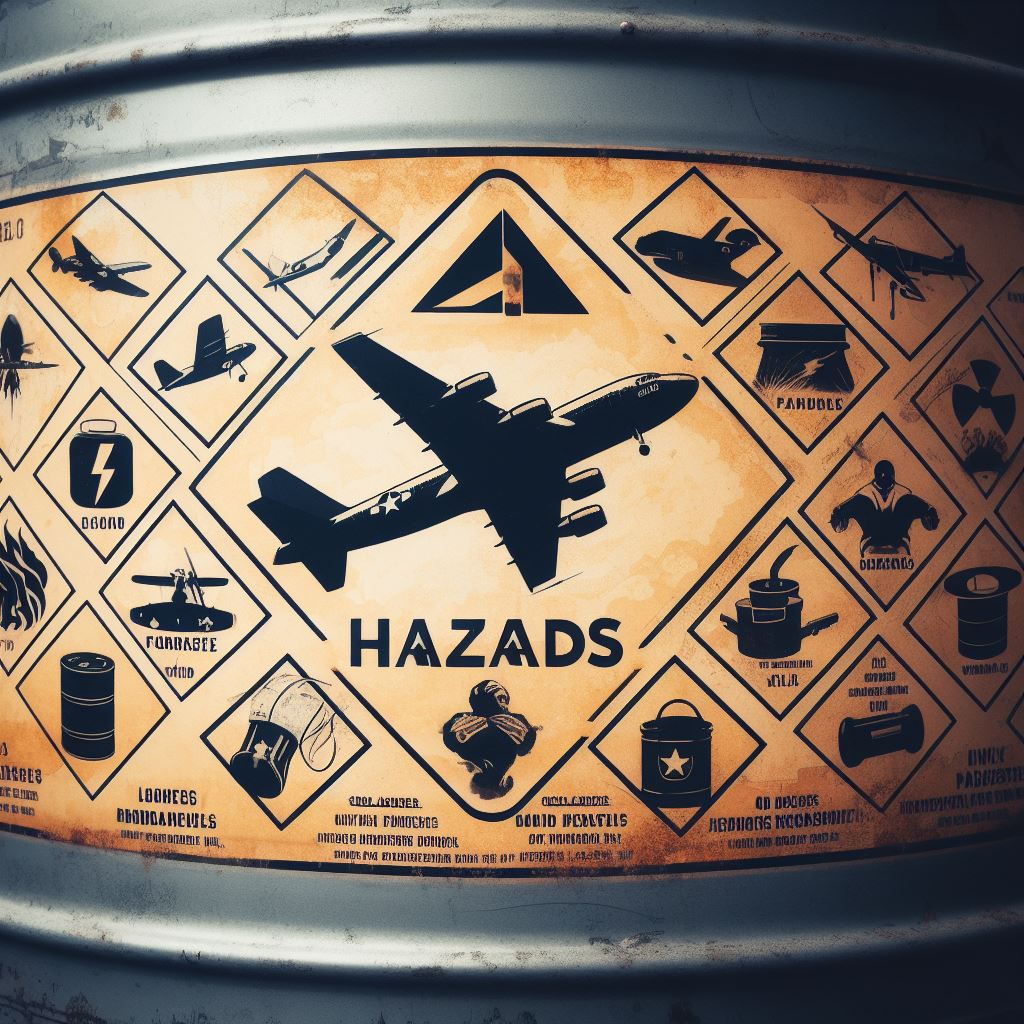Images:


The history of airplanes dates back to the early 20th century when pioneers like the Wright brothers made the first powered, controlled, and sustained flight. Over the decades, the aviation industry has seen remarkable advancements, with companies like Boeing playing a pivotal role in shaping the future of air travel.
Pan American World Airways (PanAm), another influential player, was a trailblazer in international air travel, connecting the world and setting standards for passenger service.
Modern airplanes, designed and manufactured by companies like Boeing, have impressive capabilities. They can travel vast distances at high speeds, significantly reducing the time it takes to reach distant destinations. This capability has revolutionized the concept of global connectivity and international trade.
Advancements in technology have led to the development of fuel-efficient engines, making air travel more sustainable and environmentally friendly. The aerospace industry continues to push the boundaries of innovation, exploring concepts like supersonic travel and electric propulsion.
The benefits of air travel are vast and impactful. Faster transportation is one of the most significant advantages, enabling people and goods to move across the globe with unprecedented speed. This has led to increased economic activity, cultural exchange, and tourism.
The aviation industry has created millions of jobs worldwide, from pilots and cabin crew to engineers and ground staff. Additionally, air travel has played a crucial role in emergency response, facilitating the rapid transport of medical personnel and supplies to areas in need.
While air travel brings numerous benefits, it is not without its challenges and harms. The recent global pandemic highlighted the vulnerability of the aviation industry to unforeseen crises, leading to widespread travel restrictions and economic setbacks.
The use of airplanes for military purposes, including the transportation of weapons, raises ethical concerns and contributes to geopolitical tensions. Balancing the benefits of air travel with the potential harms requires careful consideration and international cooperation.
Ensuring the safety of air travel is a priority, and regulatory bodies like the Federal Aviation Administration (FAA), founded in 1958, play a crucial role. The FAA establishes and enforces safety standards, conducts inspections, and oversees the certification of aircraft and aviation professionals.
Stakeholders in the aviation industry have diverse perspectives. While the pandemic has been a harm to the industry, stakeholders benefit from the continued growth and innovation in air travel. Faster transportation, increased connectivity, and economic opportunities contribute to the positive aspects of aviation.
The challenges of weapons transportation and geopolitical tensions underscore the need for responsible practices and international cooperation to ensure the safety and well-being of all stakeholders.


Video: Tool - HourOne, with text from Claude AI
Prompt: "Please write an essay about the capabilities, benefits, and harms that came from the invention of the airplanes"
Date: 11/12/2023
Essay: Tool - Claude AI
Prompt: "Please write an essay about the capabilities, benefits, and harms that came from the invention of the airplanes"
Date: 11/12/2023
Image 1: Tool - Bing Image Creator
Prompt: "Airplanes benefits"
Date: 11/12/2023
Image 2: Tool - Bing Image Creator
Prompt: "Airplanes used as war purpose"
Date: 11/12/2023